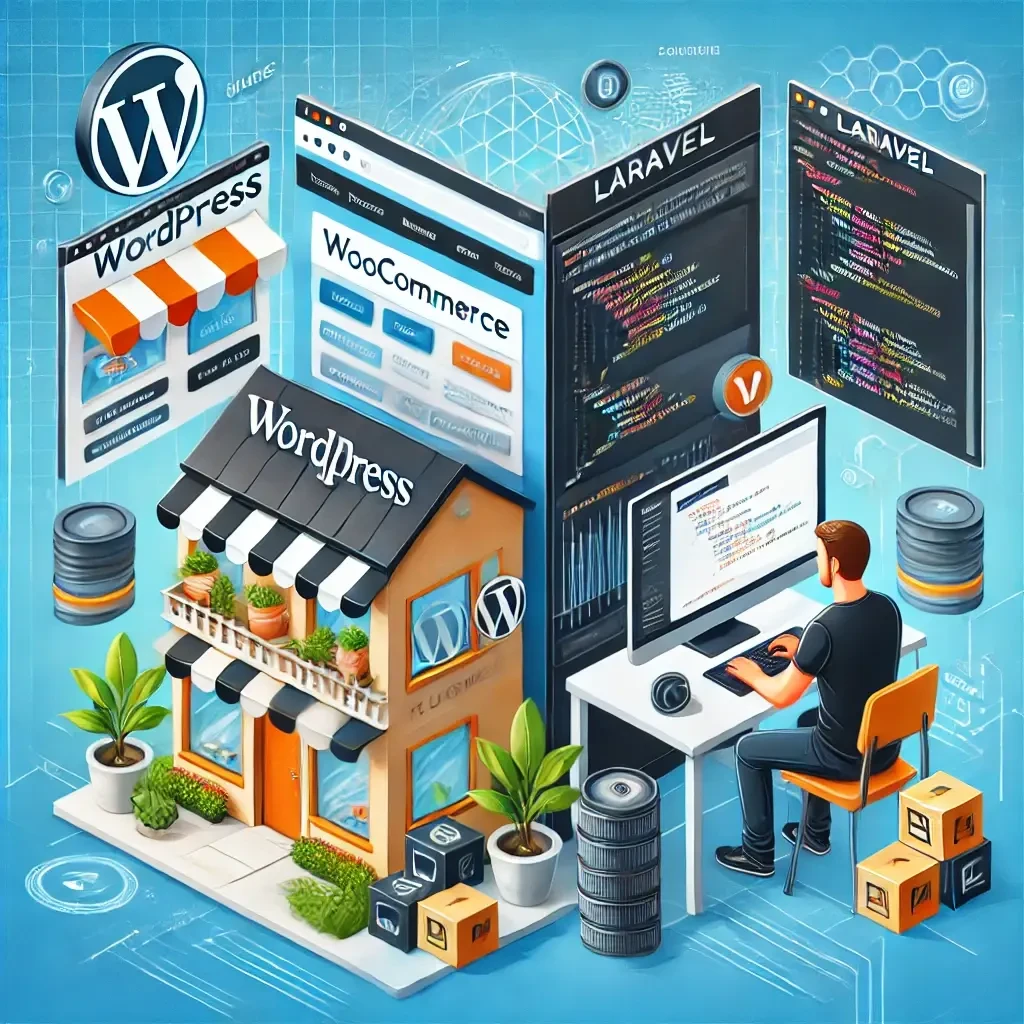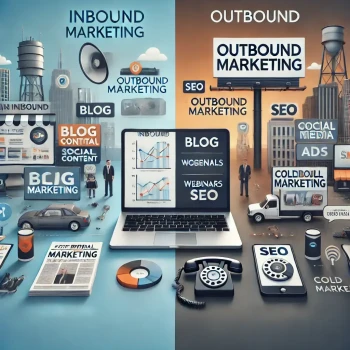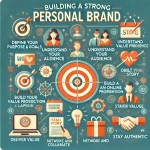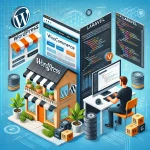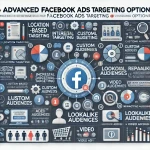The "best" choice between WordPress and Laravel for e-commerce depends on your specific project requirements. Both platforms excel in different areas, and the right choice depends on factors like scalability, budget, customization, technical expertise, and timeline.
Here’s a breakdown to help you decide:
When WordPress (with WooCommerce) is Best
- Quick Setup and Launch:
- WordPress + WooCommerce offers a ready-to-use e-commerce solution.
- You can launch your store in hours or days with pre-built themes and plugins.
- Budget-Friendly:
- Lower initial costs compared to Laravel.
- Suitable for small to medium businesses or startups with limited budgets.
- Ease of Use:
- No advanced technical skills are required.
- Ideal for non-developers or small teams without a dedicated developer.
- Pre-Built Features:
- Thousands of plugins and themes for e-commerce functionality (e.g., payment gateways, SEO, inventory management).
- Easy integration with marketing tools like Mailchimp, Google Analytics, and more.
- Community and Support:
- Huge community for troubleshooting, free resources, and plugins.
Best For:
- Small to medium-sized businesses.
- Entrepreneurs who need a fast, cost-effective solution.
- Stores with relatively straightforward requirements.
When Laravel is Best
- Customization:
- Offers complete flexibility for creating unique, custom features.
- Best for e-commerce platforms with complex workflows or integrations.
- Scalability:
- Laravel is more suitable for large-scale applications handling high traffic.
- Ideal for businesses planning significant growth or large inventory.
- Performance:
- Faster and more optimized for performance with proper development.
- Advanced caching options and better handling of large databases.
- Security:
- Laravel offers superior built-in security measures (e.g., CSRF, SQL injection prevention).
- Custom development ensures fewer vulnerabilities than relying on third-party plugins.
- Advanced Features:
- Perfect for integrating custom APIs, machine learning algorithms, or advanced user workflows.
- Control:
- Full control over the architecture, database, and user experience.
Best For:
- Large enterprises or businesses with high traffic and complex needs.
- Companies with a dedicated development team or budget for professional developers.
- Stores requiring unique, custom workflows or features.
Summary Recommendation
Final Verdict
- Choose WordPress: If you are a small to medium-sized business, want to launch quickly, and don't need much customization.
- Choose Laravel: If you need a robust, scalable, and secure e-commerce platform with custom features and have a development team to support the project.
For a medium-sized project with future growth in mind, Laravel may offer more flexibility and scalability in the long term, even if it involves higher upfront investment.
